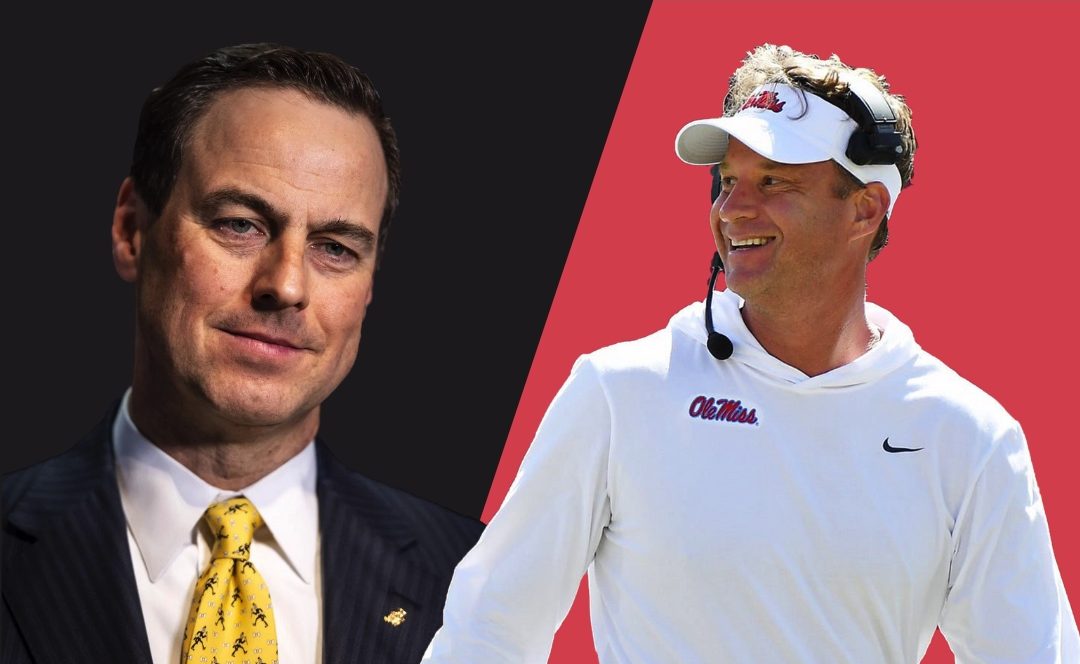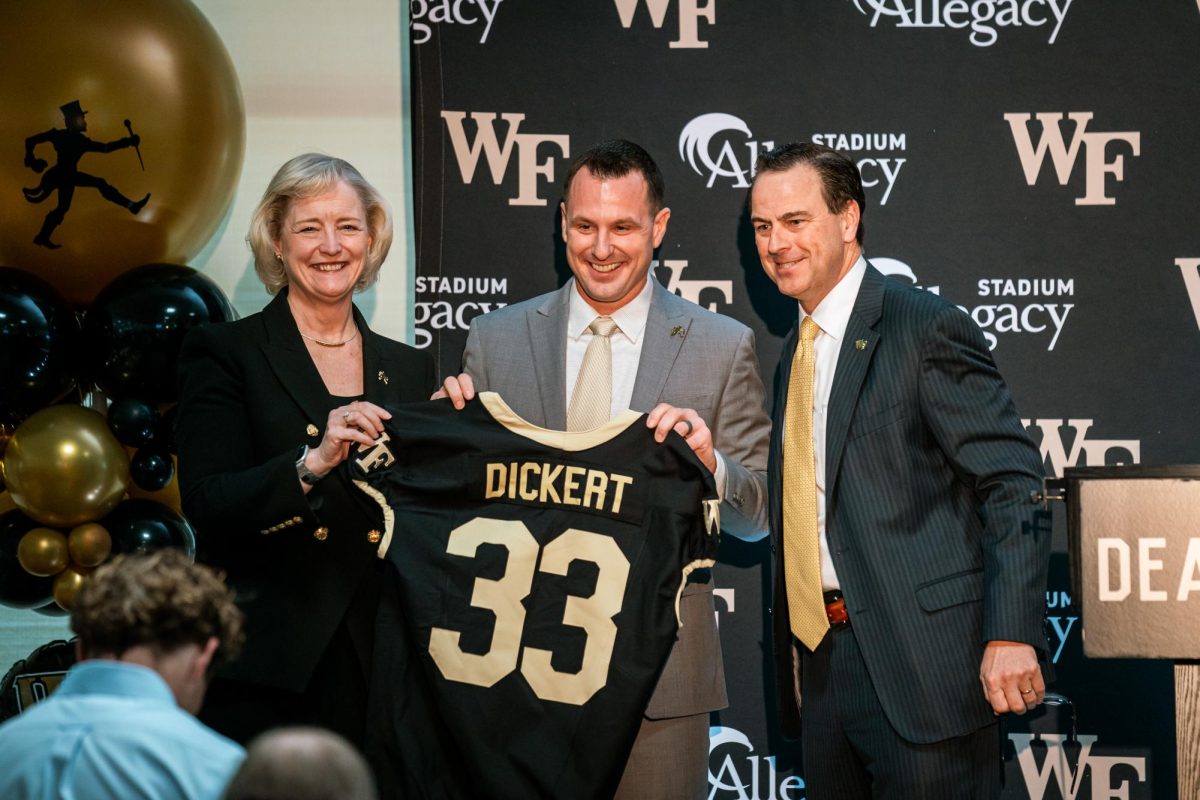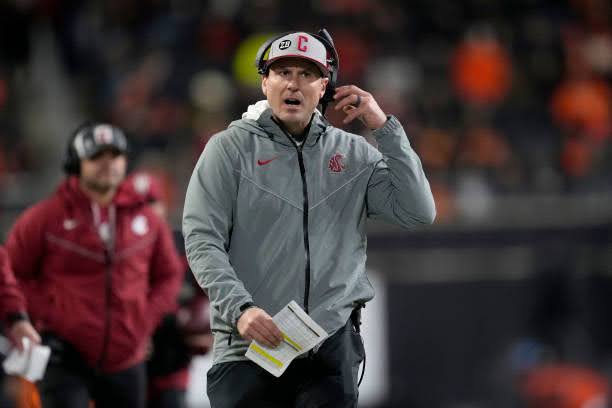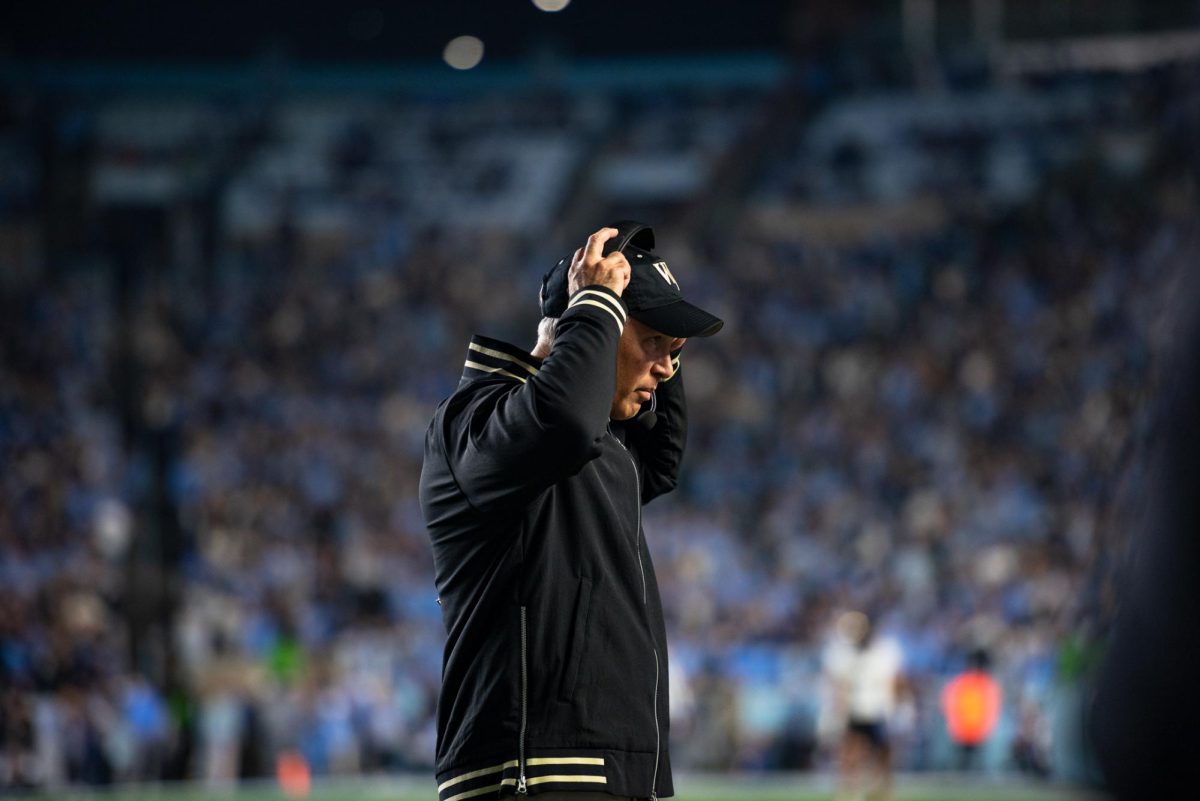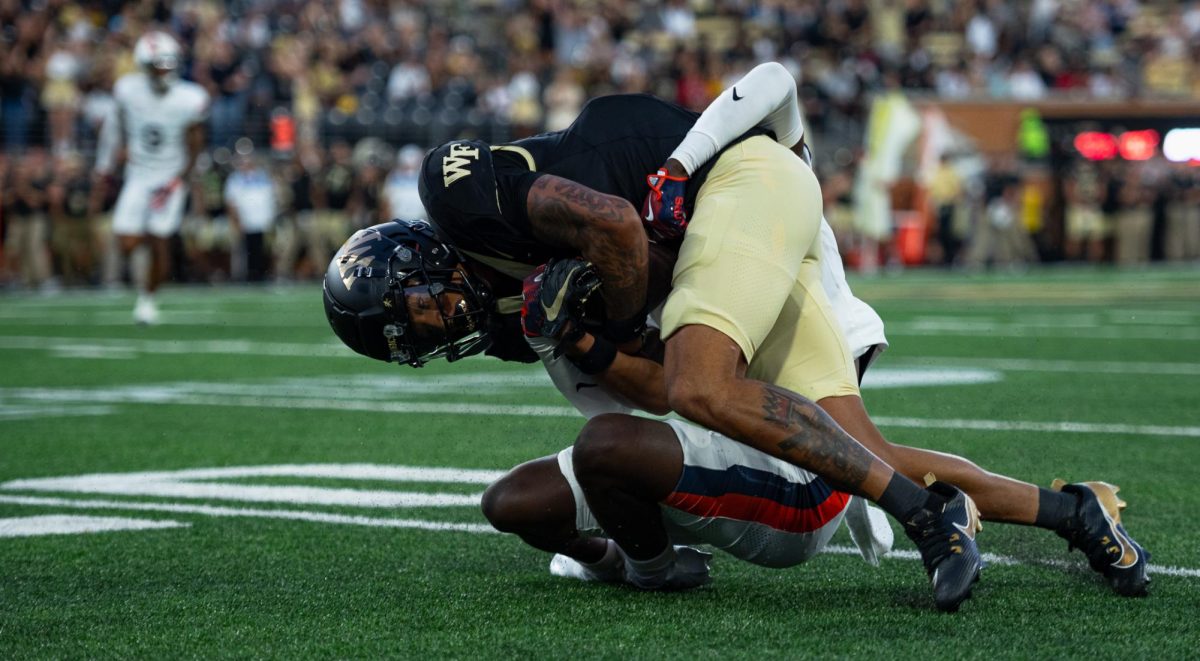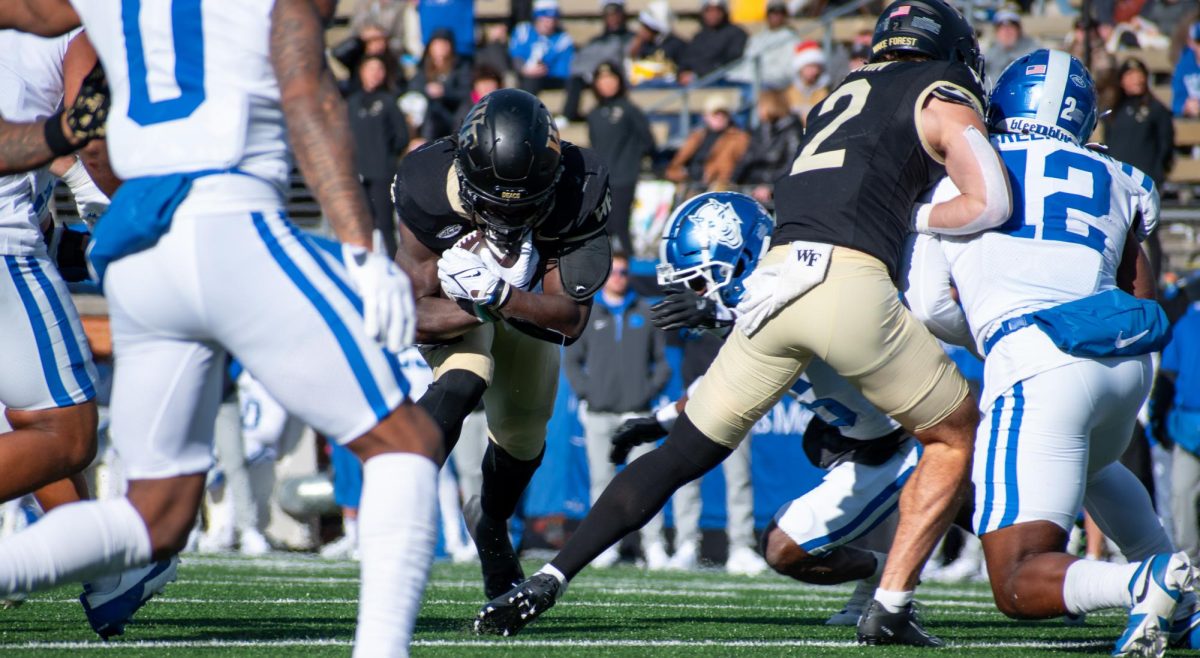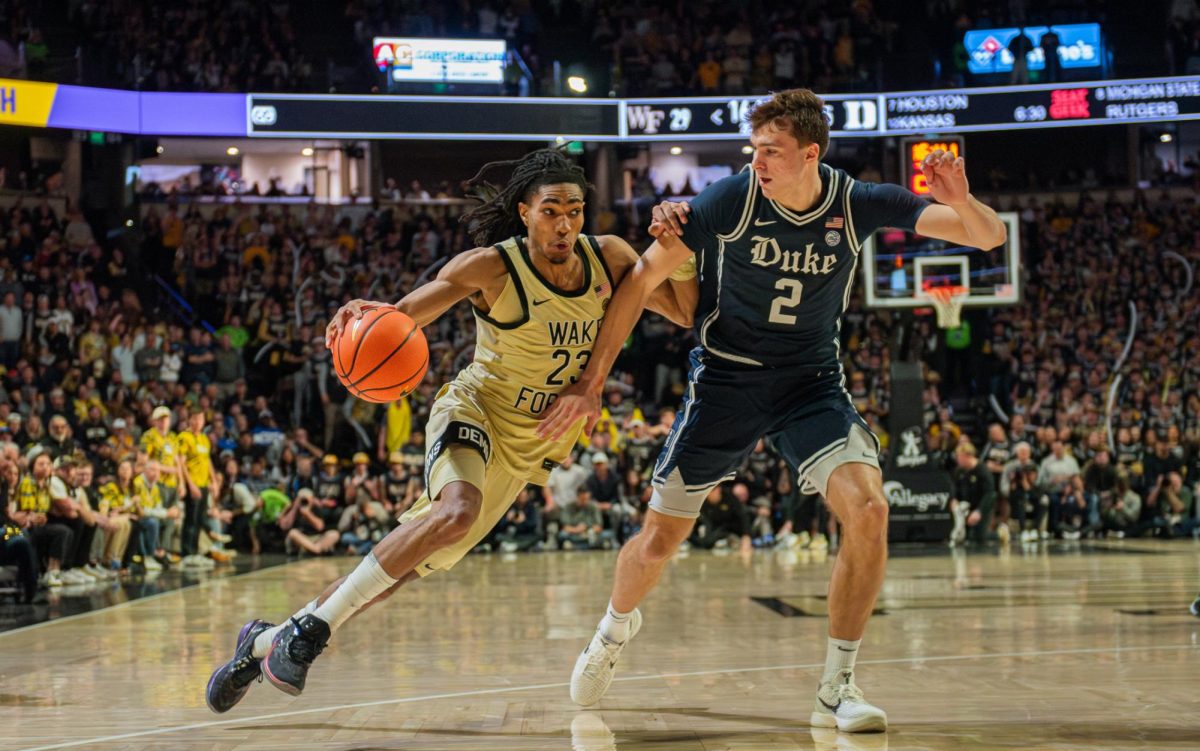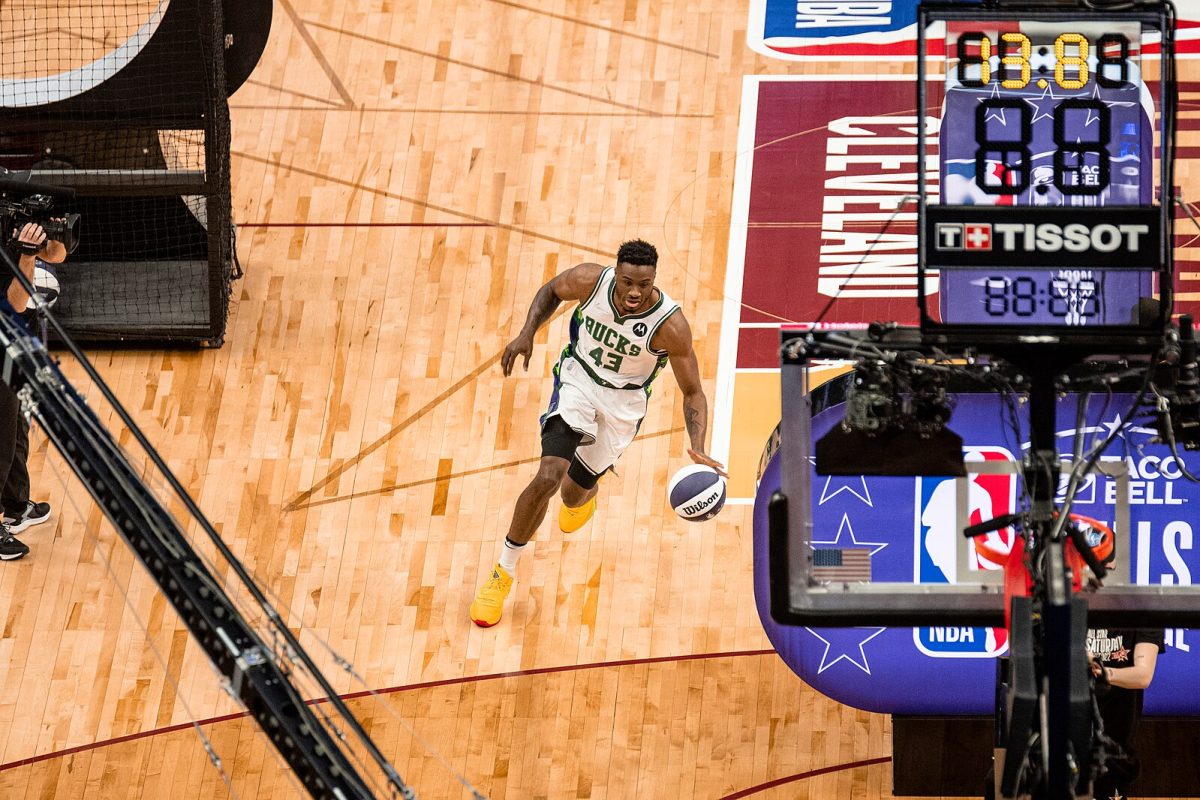After blowing out Wake Forest Football in Winston-Salem on Sept. 14, Ole Miss Football Head Coach Lane Kiffin revealed that Wake Forest had pulled out of their two-year agreement, canceling their planned visit to play the University of Mississippi in 2025.
Wake Forest agreed to pay Mississippi $750,000 to escape the nearly decade-old deal that scheduled the two schools to play at each other’s home venues in 2024 and 2025. Within days, Wake Forest then scheduled another football series with Oregon State University in what Wake Forest Vice President and Director of Athletics John Currie called the “right business decision.”
“That’s rarely ever done,” Kiffin said after playing the first game of the two-way agreement. “I’ve never really heard of doing it, and it really puts us at a big disadvantage… It obviously wasn’t appreciated very much, them putting us in that situation.”
The “disadvantage” that Kiffin spoke of is a new requirement for Southeastern Conference (SEC) programs like Ole Miss. SEC member schools currently have to schedule one non-SEC opponent in another major “Power Conference” –– or a school that is considered a “major” independent program — as part of their annual football schedules.
Having once met that criteria by scheduling a game with Wake Forest, an ACC member, Wake Forest’s “buy out” of its own contract left Ole Miss short of meeting that requirement. This is the only non-conference game that Ole Miss did not pay their opponent program to schedule this season.
While Kiffin addressed the cancellation in the post-game press conference, Clawson did not indicate any knowledge of the breach. Instead, Clawson criticized Ole Miss’ defenders for “clearly flopping” on multiple drives throughout the game.
But that wouldn’t keep Kiffin’s frustration from becoming national headlines.
“Now we’ve got to go find somebody, and most people are all scheduled up,” Kiffin said. “And even when you find somebody, you’ve got to go pay them. It’s kind of an unwritten rule not to do that, actually.”
Behind the contract
The contract between the two schools was written up in 2014 under the previous athletic directors of both football programs.
According to emails between the current two athletics directors obtained by DeaconsIllustrated, Currie informed Mississippi’s Vice Chancellor for Intercollegiate Athletics Keith Carter that Wake Forest would cancel its own away match against Mississippi scheduled for Sept. 13, 2025. That was sent one day before the price for breaching the contract would have increased to $1 million.
In a press release from Wake Forest University Athletics on Sept. 18, four days after Kiffin first broke the news, Currie described the cancellation to be in his program’s best financial interest.
Currie attributed the scheduling changeup to the “ongoing financial pressures of the new era of college athletics and [Wake Forest’s] priority on continuing to grow resources to benefit our student-athletes.”
While the affair between Mississippi and Wake Forest left both schools with holes in next year’s schedule, Currie and his program quickly adapted. In the same press release addressing the canceled Ole Miss match-up, Currie announced that Wake Forest had agreed to another home-and-home series with Oregon State University.
Wake Forest Football Head Coach Dave Clawson explained the decision to replace the Ole Miss series with Oregon State on the same day’s edition of the Dave Clawson Show.
Clawson acknowledged that he had known about the deal before playing Ole Miss in Winston-Salem the previous weekend but explained that no announcements were to be made until Wake Forest had finalized a new deal with Oregon State — which stipulates one game in 2025 and another in 2029.
Clawson also reiterated Currie’s message about the financial responsibility of the decision.
“I will assure Wake Forest fans this: in my whole time here, whether it’s working for Ron Wellman [Wake Forest’s previous athletic director] or John Currie, we’ve never spent money to get out of a game,” Clawson said. “We would never take a million dollars or any sum of the University’s money and spend it that way.”
He continued: “We are gonna come out of this as a net positive financially — a significant net positive — and people say well ‘how can that happen?’ I’m not going to dive into what the contracts are.”
According to a report from The Oregonian, Oregon State plans to pay Wake Forest $750,000 to schedule the series. Additionally, each home team will pay the away team $100,000 before the 2025 and 2029 games. The Old Gold & Black cannot confirm any additional payments to Wake Forest at this time.
What it means for both schools
Meanwhile, on Oct. 7, Ole Miss Athletics announced that Washington State — the only other team currently in the PAC-12 alongside Oregon State — would take Wake Forest’s place on their 2025 football schedule.
“The opportunity to face the University of Mississippi, with its rich football history, will be one our student-athletes, coaches and fans will certainly enjoy,” Washington State University’s Director of Athletics Anne McCoy said.
Despite the inconvenience caused by Wake Forest’s breach of contract, this wasn’t the first
home-and-home football series to be canceled for Mississippi.
Before the 2024 college football season started, Mississippi and the University of Southern California (USC) mutually agreed to terminate their own 2025 and 2026 trips to one another’s schools. The two programs cited the potential for Ole Miss to play one more conference game and USC’s effort to join the Big Ten Conference in order to avoid playing the game.
For now, after the nearly month-long divorce between Wake Forest and Mississippi, both parties appear to have gone their separate ways and found better-suited opponents to play in 2025.
But in paying out and avoiding a rematch with Ole Miss, Wake Forest revealed the concerns that its athletics face as it strives to compete with other programs. The statement from Currie points to the increasingly crucial role that finances may play in future decision-making at Wake Forest and in college sports in general.
“We’re going to be significantly ahead business-wise because of this, and I think at this point in college athletics, that’s important,” Clawson said.



